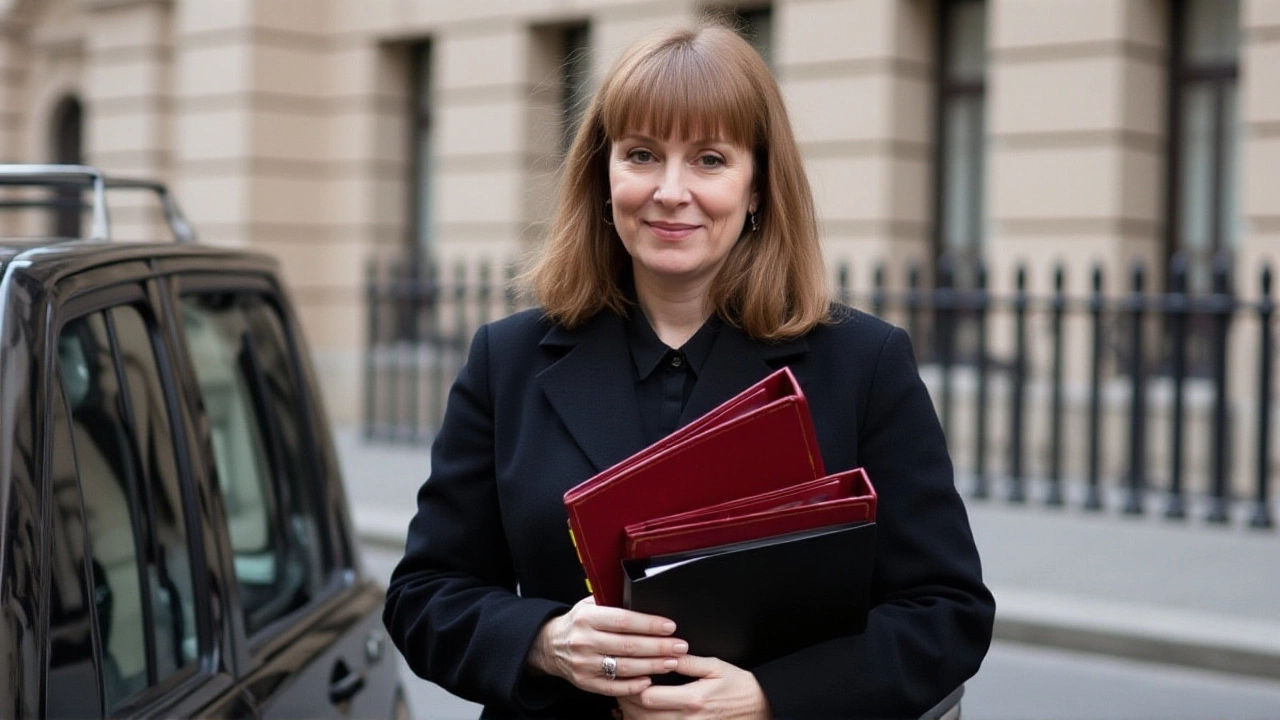Dame Angela Eagle – Politics, Policy and Impact
When talking about Dame Angela Eagle, a veteran Labour MP known for her work on transport, equality and parliamentary reform. Also called Angela Eagle, she blends experience with a push for practical change.
One of the biggest arenas for her influence is the Labour Party, the centre-left political group that has shaped modern British policy. Within the party she has championed modernising transport legislation, a move that directly links to the broader transport policy, the set of rules and investment plans governing roads, rail and public transit in the UK. Her arguments often stress that efficient transport fuels economic growth and reduces regional inequality.
Key Themes and Connections
Beyond party politics, Eagle’s work in the UK Parliament, the sovereign legislative body that makes and reviews laws shows how individual MPs can shape national debate. She has used parliamentary committees to push for clearer reporting on gender pay gaps, linking her transport agenda to the broader fight for gender equality, the principle that men and women should receive equal treatment and opportunities. These two strands—transport reform and gender fairness—often intersect when she argues that better public transport widens access to education and jobs for women across the country.
Another thread in her portfolio is digital infrastructure. Eagle has warned that a weak broadband network hampers remote work, especially for rural communities. She positions digital connectivity as a complement to physical transport, creating a semantic triple: Dame Angela Eagle promotes transport policy, which requires digital infrastructure, which in turn supports gender equality by opening remote opportunities. This logic appears in several of her speeches and press releases, illustrating how one policy area can boost another.
Critics sometimes say her focus on incremental change slows bold reforms, but Eagle counters that sustainable policy must survive multiple election cycles. She points to the 2015 Transport Act as an example of legislation that survived partisan shifts because it was built on consensus. This showcases a second semantic triple: Labour Party embraces Eagle’s transport proposals, which influence UK Parliament debates, which shape national policy outcomes.
Her advocacy for a greener, more inclusive transport system also ties into climate goals. By pushing for electric bus fleets and rail electrification, she connects environmental stewardship with economic stability. This creates a third triple: Transport policy advances climate targets, which benefit public health, which reinforces gender equality by reducing health disparities. Readers will notice these overlapping ideas throughout the posts below.
On the constituency level, Eagle represents a diverse electorate that includes commuters, students, and small‑business owners. Her local projects—like improving cycle lanes and upgrading station accessibility—reflect a micro‑scale version of her national agenda. This demonstrates how the macro concepts of Labour Party strategy and parliamentary reform translate into everyday improvements for voters.
All of these connections set the stage for the collection of articles you’ll find next. Whether you’re interested in transport legislation, parliamentary procedure, gender‑focused policy or the inner workings of the Labour Party, the posts below give real‑world examples of how Dame Angela Eagle’s ideas are put into practice. Dive in to see the details, debates and outcomes that illustrate the ideas introduced here.

UK Keeps Asylum Seekers in Hotels, Fact‑Check Smashes Rayner Rumor
A PA Media fact‑check debunks a viral claim that Angela Rayner would downsize pensioners' homes for refugees, confirming 220 UK hotels still house asylum seekers despite Labour's manifesto promises.